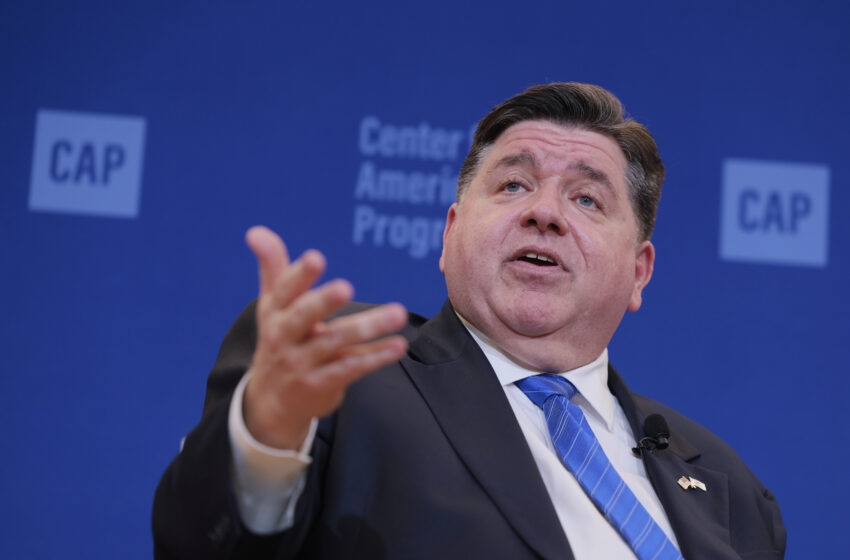JB Pritzker rejects Trump’s National Guard plan for Chicago: What to know

JB Pritzker. Credit: Anna Moneymaker/Getty Images
Illinois Governor JB Pritzker forcefully rejected President Donald Trump’s proposal to deploy the National Guard to Chicago, calling it both unconstitutional and politically motivated. Speaking alongside Illinois and Chicago leaders, Pritzker warned the president to “stay out of Illinois,” insisting that the state had not requested and did not need federal military intervention.
The governor pledged to use every peaceful means, including legal action, to block the deployment, framing it as an attempt at intimidation rather than a genuine public safety strategy.
Crime in Chicago Declines Despite Trump’s Claims
Trump described Chicago as a “killing field” to justify his proposal. However, city and state leaders highlighted data showing a sharp drop in violent crime, with homicides and shootings down more than 30 percent this year.
Officials argue the president’s narrative is outdated and misleading, stressing that Chicago has made measurable progress thanks to community-based programs, mental health initiatives, and coordinated policing strategies. Pritzker emphasized that sending troops would undermine these local efforts rather than strengthen them.
READ ALSO
Trump fires Fed Governor Lisa Cook: What you need to know
What is Cashless Bail? Understanding Trump’s Executive Order
Legal and Political Resistance Builds
Beyond crime data, state and city officials raised serious constitutional concerns. Under federal law, the president cannot deploy the National Guard into a state without consent, unless invoking the Insurrection Act, a move Pritzker insists is not justified.
A broad coalition of political leaders, including Mayor Brandon Johnson, Attorney General Kwame Raoul, and U.S. Senators Tammy Duckworth and Dick Durbin, joined Pritzker in condemning the proposal. Civil rights groups and community advocates also warned that militarizing Chicago’s streets would escalate tensions rather than resolve them.
By standing against Trump’s deployment plan, JB Pritzker has positioned Illinois at the center of a constitutional clash between federal authority and state sovereignty. With violent crime already on the decline and legal challenges looming, the fight over Chicago’s future now extends far beyond city borders, raising questions about the limits of presidential power.

